2019 Student Paper Competition Award Winning Abstracts
Congratulations to the student paper competition winners and honorable mentions! The student paper competitions awards are proudly sponsored by the Divisions.
COMMUNITY RESEARCH AND DEVELOPMENT DIVISION
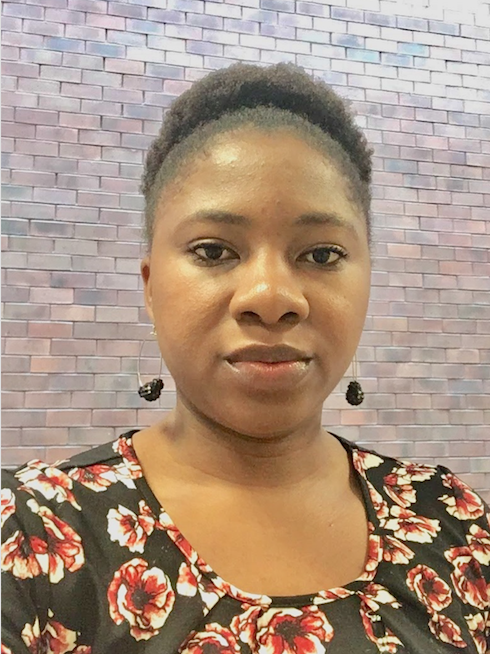 |
Winning Title: "The Political Participation of African Immigrants in the United States: A Theoretical Analysis of Nonprofits’ Involvement"
Author: Olanike Ojelabi
Affiliation: University of Dayton
E-mail: olanike.ojelabi001@umb.edu
Abstract:
Since the passage of the Immigration and Naturalization Act of 1965, Africans migrating to the U.S. have steadily increased. These contemporary African migrants are an integral part of American society with equal rights to voting as a form of political participation upon their naturalization. Drawing from theoretical perspectives on the nonprofit sector and the provisions of the National Voter Registration Act of 1993, I examine the voting participation of African immigrants in the U.S. In particular, I analyze voting participation as an equity issue, and discuss nonprofits’ involvement and the challenges they face in enhancing African immigrants’ participation in voting. My analysis suggests that nonprofits’ political engagement coupled with its potential to stimulate change in social policy contributes in important ways to the enhancement of African immigrants’ political participation in the U.S.
 |
Honorable Mention Title: "Pretrial Detention and Employment: Local Carceral Inequality"
Author: Christopher Thomas
Affiliation: The Graduate Center of the City University of New York
E-mail: chrthomas@jjay.cuny.edu
Abstract:
There is growing sociological interest in sub-felony carceral inequality – specifically, how the collateral consequences of different types of jail incarceration contribute to social control, stratification and inequality. Recent critiques have particularly focused on pretrial detention and cash bail, yet most of the research has either been at the individual level or else aggregated at the national or state level. Unlike prison incarceration, pretrial detention is an inherently local phenomenon, so what are the local collateral consequences of spatially concentrated pretrial detention on surrounding communities? This longitudinal study examines the relationship between pretrial detention and employment rates in counties across the U.S. over 25 years, finding a strong relationship between local pretrial detention rates and lower local employment rates. These findings suggest that pretrial detention is a local story that varies widely within states, and individual counties have been experiencing carceral inequality and stratification from local rates of pretrial detention.
CONFLICT, SOCIAL ACTION, AND CHANGE DIVISION
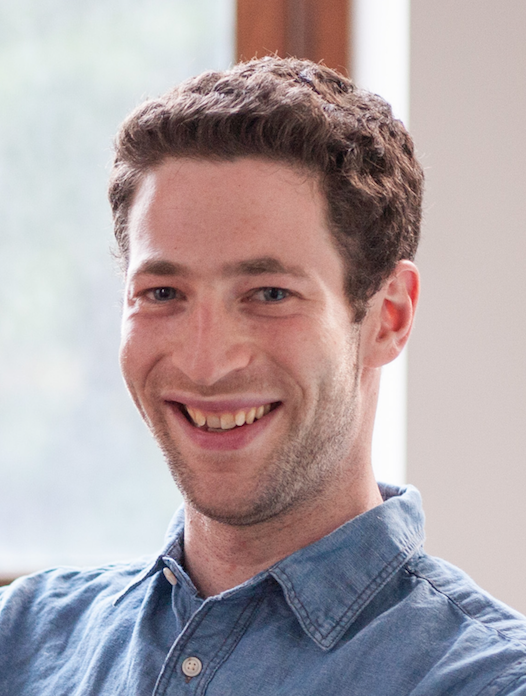 |
Winning Title: "From Circumstance to Company: Landlord Context and Behaviors towards Tenants"
Author: Doron R. Shiffer-Sebba
Affiliation: University of Pennsylvania
E-mail: jdsteven@syr.edu
Abstract:
Rental housing has a decisive role in the lives of low-income families. Landlords are important gatekeepers in the rental market. However, scholars have neglected differences in landlord contexts, and their potential impact on tenants. Particularly, some individuals purposefully accumulate properties in order to enhance their cash-flow, whereas others rent out properties they obtain through circumstantial life events. Drawing on thirty in-depth interviews with landlords, five supplementary interviews with property managers, and six months of participant observation at a property management company in Philadelphia, I argue that landlords display different orientations towards profits and the business of being a landlord depending on their landlord context. At one extreme, heavily institutional landlords deploy profit-maximizing criteria, resulting in standardized decisions. On the other, circumstantial landlords allow social ties and the meanings of properties to affect their decisions. This results in more flexible admittance and management policies towards tenants, but also potential arbitrariness and conflict. This paper constitutes a first step towards understanding how landlord differences shape tenant outcomes.
CRIME AND JUVENILE DELINQUENCY DIVISION
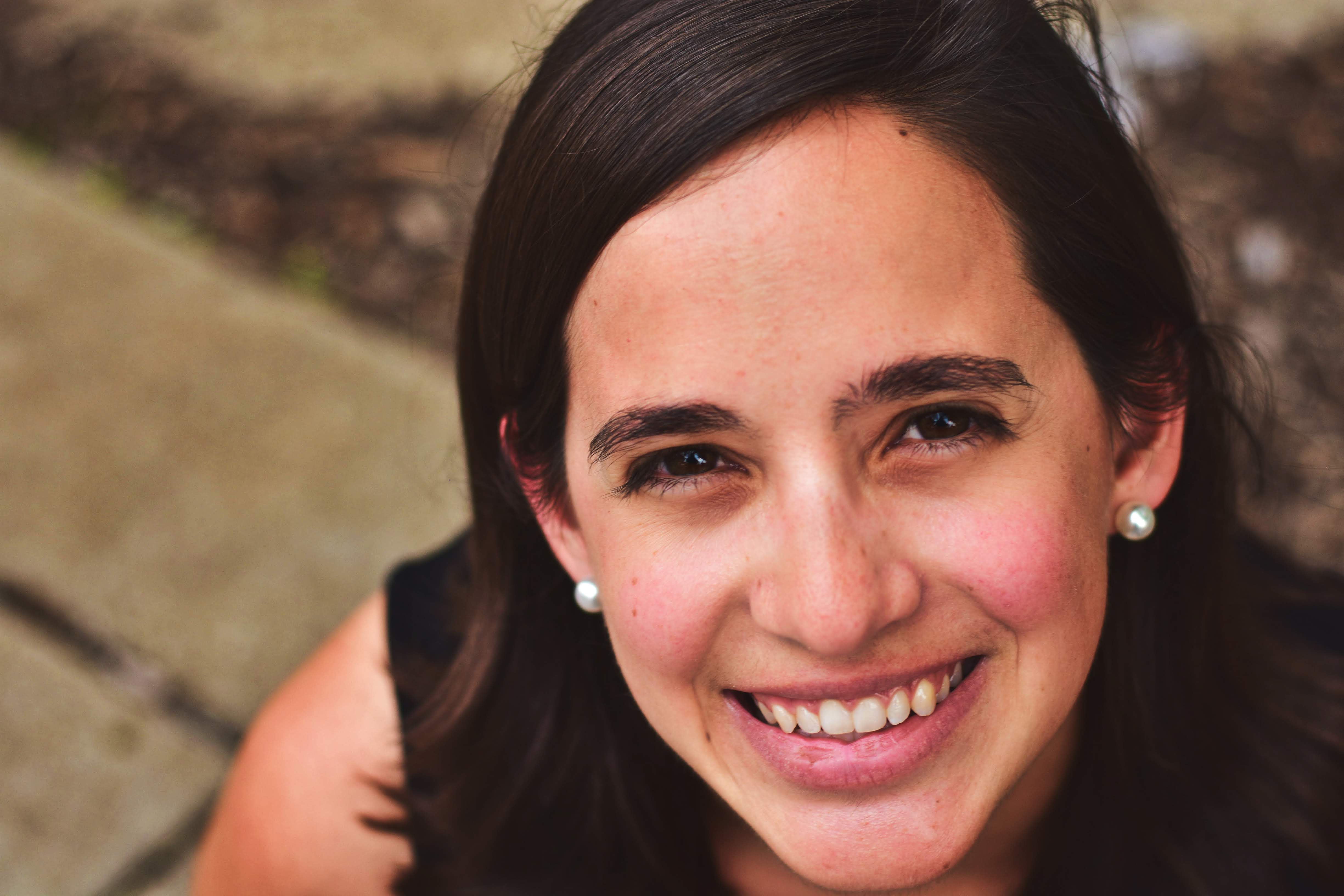 |
Winning Title: “The Limits of Expectations and the Normalization of Collateral Consequences: Experience of Electronic Home Monitoring”
Authors: Gabriela Kirk
Affiliation: Northwestern University
E-mail: gabrielakirk2022@u.northwestern.edu
Abstract:
Electronic home monitoring (EHM), also known as house arrest, is often described by policy makers as a less punitive, more humane method of punishment than incarceration. In practice, studies of EHM find it is often not an alternative to incarceration, but rather it increases the level of supervision for individuals along the continuum of the criminal justice system. This fact calls into question whether direct comparisons to incarceration are appropriate in evaluating the sanction. Although previous studies of the experience of EHM have concluded that individuals do not find the sanction overly burdensome, this paper articulates the importance of considering how respondents frame their experience on EHM in comparison to incarceration and draw on expectations surrounding their legal alternatives. These expectations and conceptualizations lead respondents to minimize the negative collateral consequences of EHM. This paper utilizes 30 interviews with individuals who have been on EHM in Chicago, Illinois. Although many respondents conclude that EHM is not overly onerous, they nonetheless recount significant disruptions to employment, housing, and family relationships. I argue that the pervasiveness of the prison in an era of mass incarceration distorts expectations of the legal process and causes respondents to minimize the hardships they detail.
DISABILITY DIVISION
 |
Winning Title: “Stuck in Transition with You: Variable Pathways to In(ter)dependence for emerging adult men with mobility impairments”
Author: J. Dalton Stevens
Affiliation: Syracuse University
E-mail: jdsteven@syr.edu
Abstract:
Purpose – To understand how young men with disabilities react against overarching narratives of independence during the transition to adulthood in independent living and interdependent living arrangements with parents in order to address the gap between transition policy and real lived experience.
Methods/Approach – I use life history interviews and ethnographic “go-alongs” with nine men with mobility impairments to understand how they experience and make sense of independent living and interdependence during the transition to adulthood. Transcripts and fieldnotes were analyzed using grounded theory methodology.
Findings – Data reveal diverging pathways participants took to interdependent living situation, rooting before transition, and returning during transition. These pathways are shaped by logics of residential decision-making: accessibility expectations and individual adaptability. Those who rooted before transition developed accessibility expectations that motivated them to remain living their parents’ homes while those who returned during transition relied on individual adaptability to overcome physical inaccessibility. Individual adaptability did not overcome inaccessibility – all returned to their parents’ homes. Pathways shape how each group of participants experienced and made sense of interdependent living arrangements and independent living. Those who rooted before transition found interdependence to be a route to increased independence, and did not consider independent living a marker of adulthood. Those who returned during transition found that the interdependence they experienced increased feelings of dependence.
Implications/Value – Experiences and meanings emerging adults with disabilities have during the transition to adulthood reveal the complexity of interdependence and independent living. The pathways and the social forces shaping those pathways to interdependent living arrangements have implications for life course theory and disability policy.
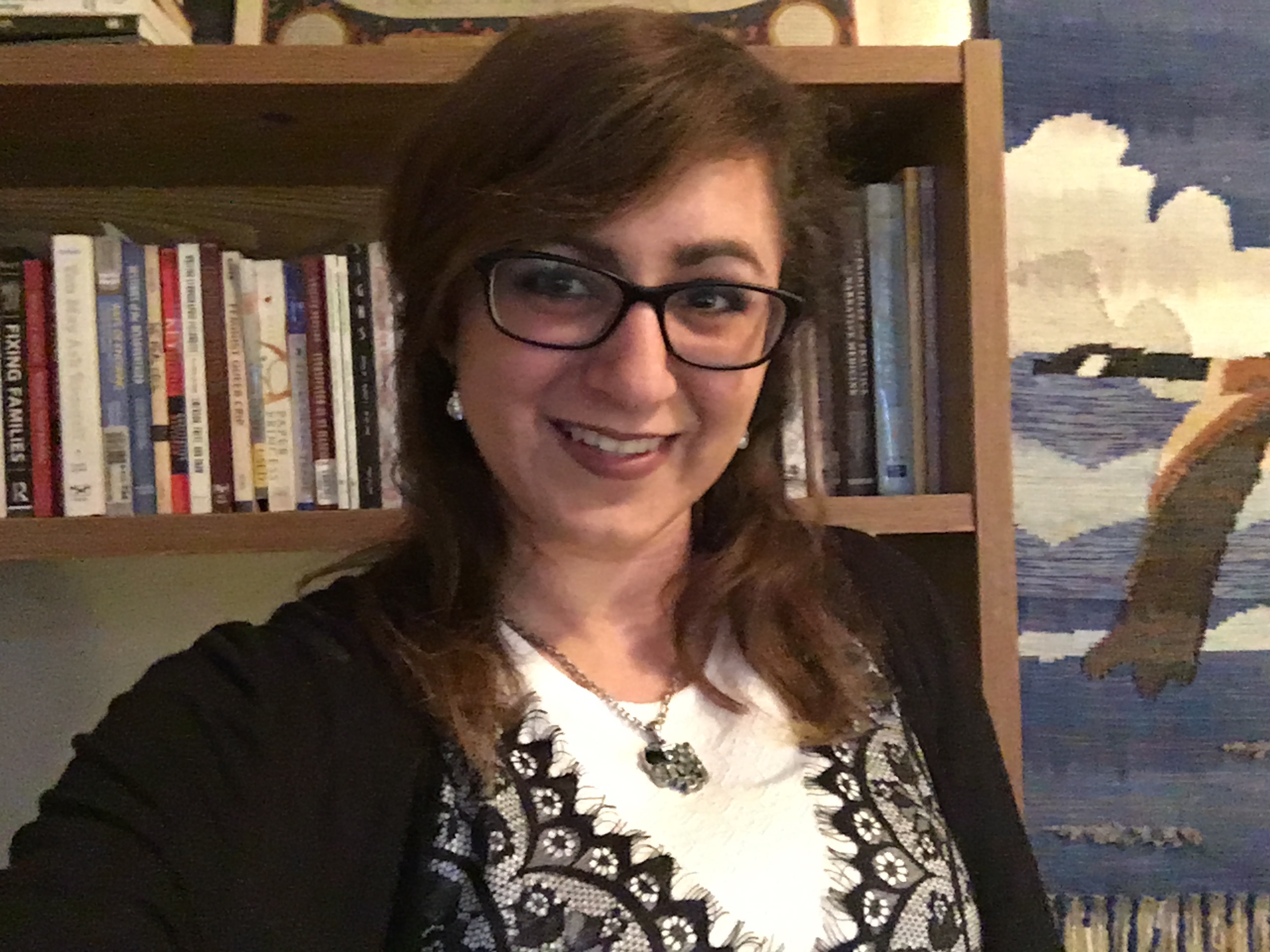 |
Honorable Mention Title: “More Than Therapy: Conformity and Resistance in an Organizational Narrative of Disability and the Performing Arts”
Author: Melinda Leigh Maconi
Affiliation: University of South Florida
E-mail: mmaconi@mail.usf.edu
Abstract:
Artists with disabilities use their bodies and minds to express themselves, perfect their craft, and create art. However, despite the legacies of many talented artists with disabilities, art programs for people with disabilities are consistently framed as being “therapeutic.” Conforming to the well-known cultural narrative that people with disabilities are tragic victims who need rescuing through heroic medical and therapeutic strategies is a well-established way for organizations to garner support, by framing themselves as heroes. However, some non-profits resist this narrative. This paper examines the organizational narrative of a disability-centered arts education organization that takes active steps to challenge the tragedy narrative by affirming the value of disabled artists and recasting stigma, discrimination, and misinformation about people with disabilities as the villain(s) in their organizational narrative. They portray society and art spaces as victims in that they miss out on the contributions to art that people with disabilities can produce. Still, the organization must also offer up to community stakeholders and potential donors reasons for its existence. This can be difficult in an ableist world in which disability is stigmatized or seen as a “spoiled” identity. Through narrative analysis of material posted on the organizational web-site of a community-based non-profit program that promotes inclusive performing arts education and performances, this paper explores the ways in which this organization navigates the competing demands of fund raising and disability advocacy by constructing organizational narratives that affirm people with disabilities while still articulating the value of the organization to the wider community.
DRINKING AND DRUGS DIVISION
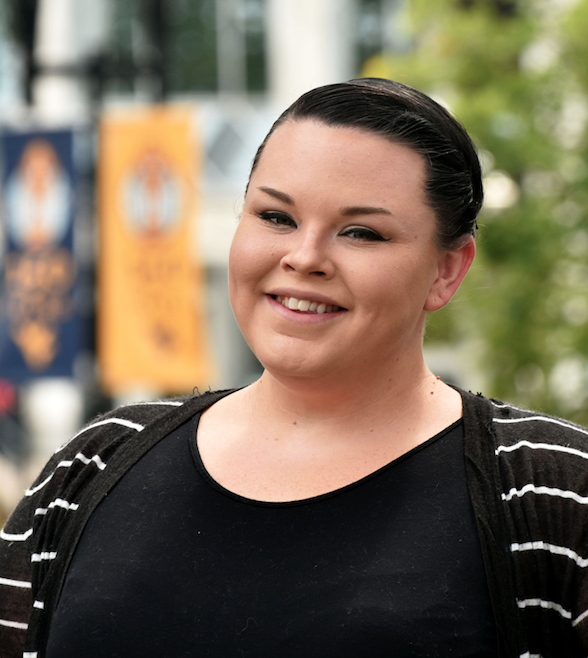 Burnham |
 Hudnall |
 Nicewarner |
Bruce D. Johnson Paper Winning Title: “Cannabis Conundrum: Exploratory Research on Demographic Differences in Approval of Marijuana Legalization in the US”
Author: Kathryn L. Burnham, Erin Hudnall, and Robert L. Nicewarner
Affiliation: West Virginia University
E-mail: klb0031@mix.wvu.edu, ehudnall@mix.wvu.edu, rlnicewarner@mix.wvu.edu
Abstract:
In 2018, Pew Research found that 62% of Americans favored marijuana legalization, the highest approval rating recorded in recent years. While it is still federally illegal, several states have begun the process of decriminalization and legalization of marijuana. Given this interesting point in the history of marijuana legalization, social research on who is more likely to support legalization is necessary. Utilizing data from the Pew Research Center, this paper seeks to explore how demographically different people utilize common justifications for their opinions on marijuana legality. The findings suggest that the justifications for or against marijuana legalization used by the public differ in frequency and by certain demographic characteristics, such as political ideology, religious affiliation, sex, race, education, and income. The findings from this exploratory research can hopefully guide others who seek to increase social research on marijuana legalization, use, perceptions, and harms and benefits of use.
Keywords: Marijuana Legality, Justifications, Secondary Data Analysis.
EDUCATIONAL PROBLEMS DIVISION
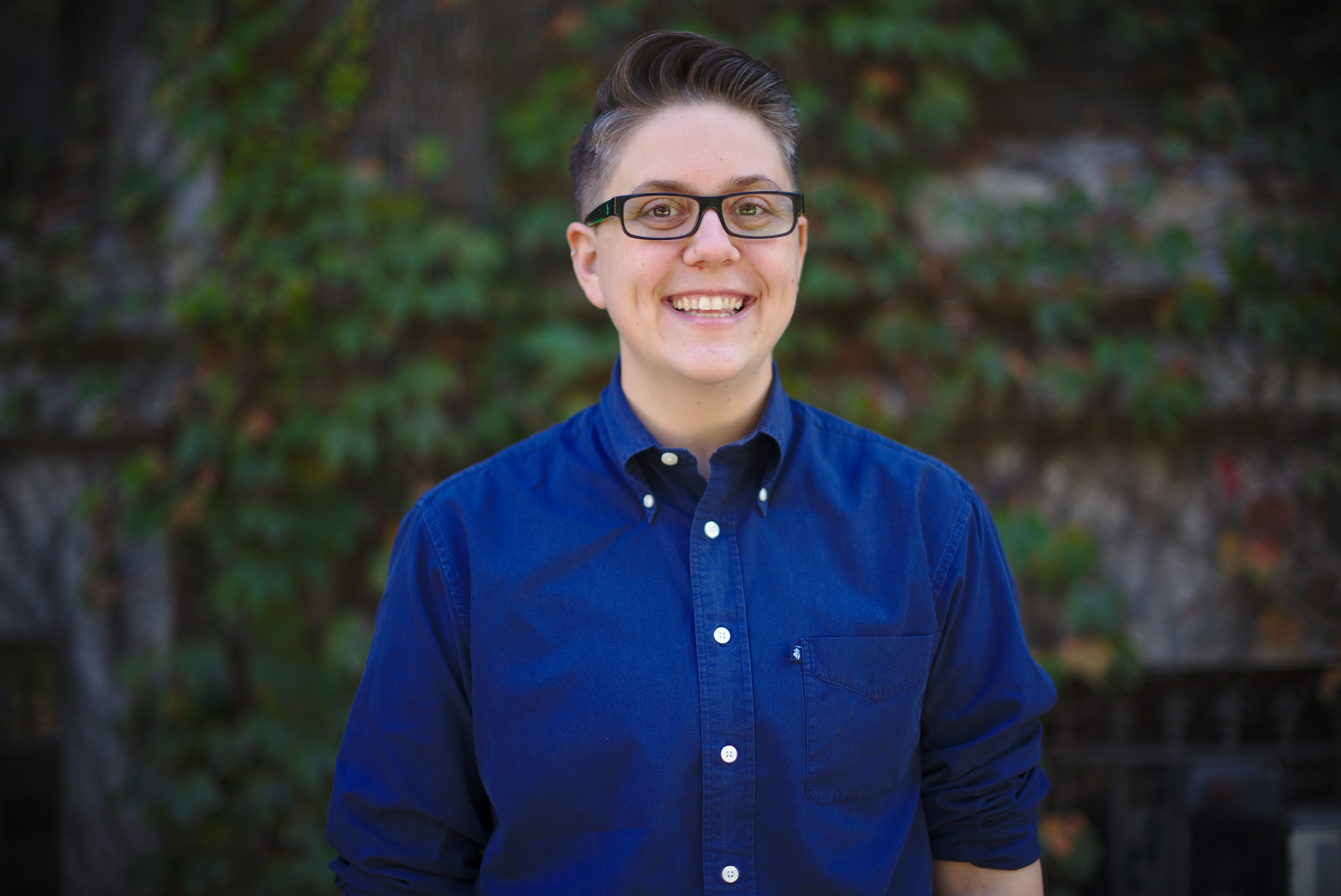 |
|
Winning Title: “Contending with the Double Bind: How Student-parent Expectations Matter for First-generation College Experiences and Outcomes”
Author: Melissa Osborne
Affiliation: University of Chicago
E-mail: osbornem@uchicago.edu
Abstract:
Drawing on in-depth interviews and participant observation with 150 students attending elite colleges and universities in four major US cities, I argue that first-generation and low-income students experience a consequential double bind in their college careers. Their ability to be a student in these elite settings demonstrates their dedication and commitment to social mobility – often motivated by their desire to be able to give back to their families and lower-resourced communities. Yet, as they progress in college, they must balance personal and social transformations that college can bring with their histories and ties to home. Unlike their classmates from more privileged backgrounds, these students must simultaneously “buy in” to the elite educational context without “selling out.” Navigating this double bind often disrupts student trajectories and negatively impacts outcomes, campus engagement, and ties to home communities. Paying attention to the power of social beliefs and relational ties reveals that upward mobility is best understood as an experiential and longitudinal social process in which student experience “becoming” upwardly mobile as a social and interactional process with many possible trajectories and outcomes – that must be considered alongside conventional notions of economic gain when approaching questions of social mobility.
 |
Honorable Mention Title: “Mapping Social Spaces: The Divergent Experiences of First-Generation Students in Graduate School”
Author: Michael A. Miner
Affiliation: University of Wisconsin-Milwaukee
E-mail: minerm@uwm.edu
Abstract:
The share of college students who are first-generation has grown rapidly in recent decades at both the undergraduate and graduate level. Less attention has been paid to the educational experiences of these students, especially graduate students. This article asks: How do first-generation students in graduate school differ from one another in their experiences with the socialization process? Based on data from in-depth interviews with 41 graduate students in social science, humanities and STEM fields at a large research university, this article examines student narratives of experiences and circumstances to characterize multiple social spaces in graduate school. Contrary to notions suggesting that first-generation students share a similar group experience in graduate school, my data reveals that these students have divergent experiences and circumstances that characterize four distinct regions. Drawing on social capital and socialization theories, I find that students occupy social spaces that (1) modify, (2) adapt or (3) defy the socialization processes of graduate school. Findings also show barriers for those that are (4) excluded. I point to strategies departments and universities can enlist to improve the experiences of first-generation students.
ENVIROMENT AND TECHNOLOGY DIVISION
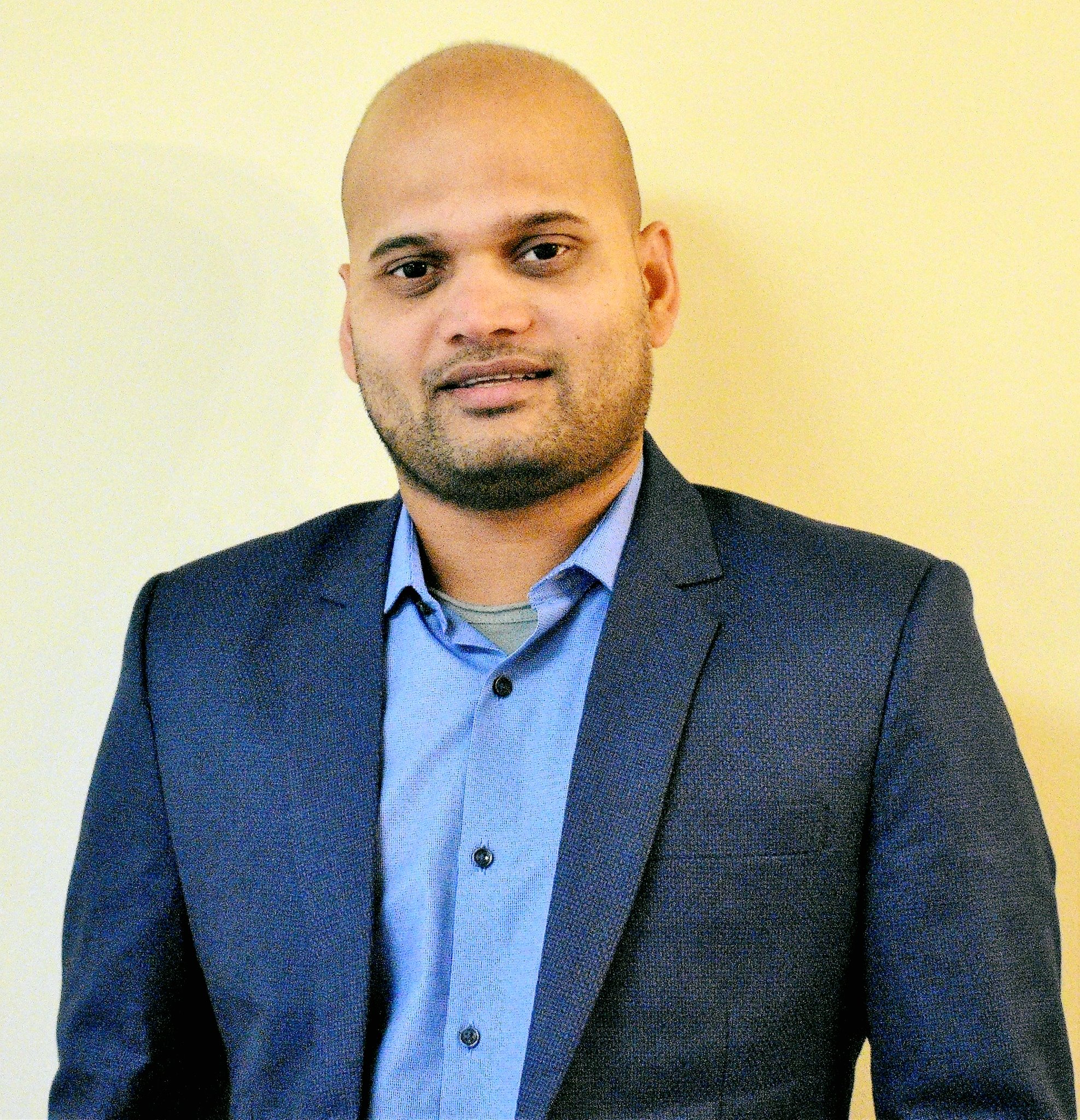 |
|
Brent K. Marshall Paper Winning Title: “A Cloud with no Silver Lining: The Bhopal Disaster and the Slow Violence of Social and Environmental Destruction”
Author: Nikhil Deb
Affiliation: University of Tennessee, Knoxville
E-mail: ndeb@vols.utk.edu
Abstract:
This paper examines the Bhopal disaster as the epitome of slow violence, a violence of prolonged social and environmental destruction that continues to spread over time and space in Bhopal, India. The Bhopal disaster that killed 25,000 and injured 600,000 is remembered almost exclusively by the spectacle of its immediate aftermath: injury and death. Few are cognizant of the way in which the slow violence of social and environmental destruction continues to affect marginalized people living in the area. More than 100,000 people in Bhopal are chronically ill; children continue to be born with physical and mental deformities; women and girls suffer many reproductive health complications; and contaminated soil and groundwater affect thousands of marginalized Bhopalis. This paper attempts to go beyond the spectacle-driven understanding of the Bhopal tragedy by examining the disaster’s ongoing adverse consequences stemming from a dynamic that overshadows the slow violence of social and environmental harms affecting vulnerable populations in marginalized countries. Data for this research comes from 50 interviews with Bhopal gas and water victims and activists, field observations, archives, and official and independent reports. Findings of this research reveal that the adverse social and environmental consequences of the Bhopal disaster are ongoing and incremental, affecting the most vulnerable populations living there.
Keywords: Bhopal, India, Union Carbide, Slow Violence, Environment, Neoliberalism, Dow
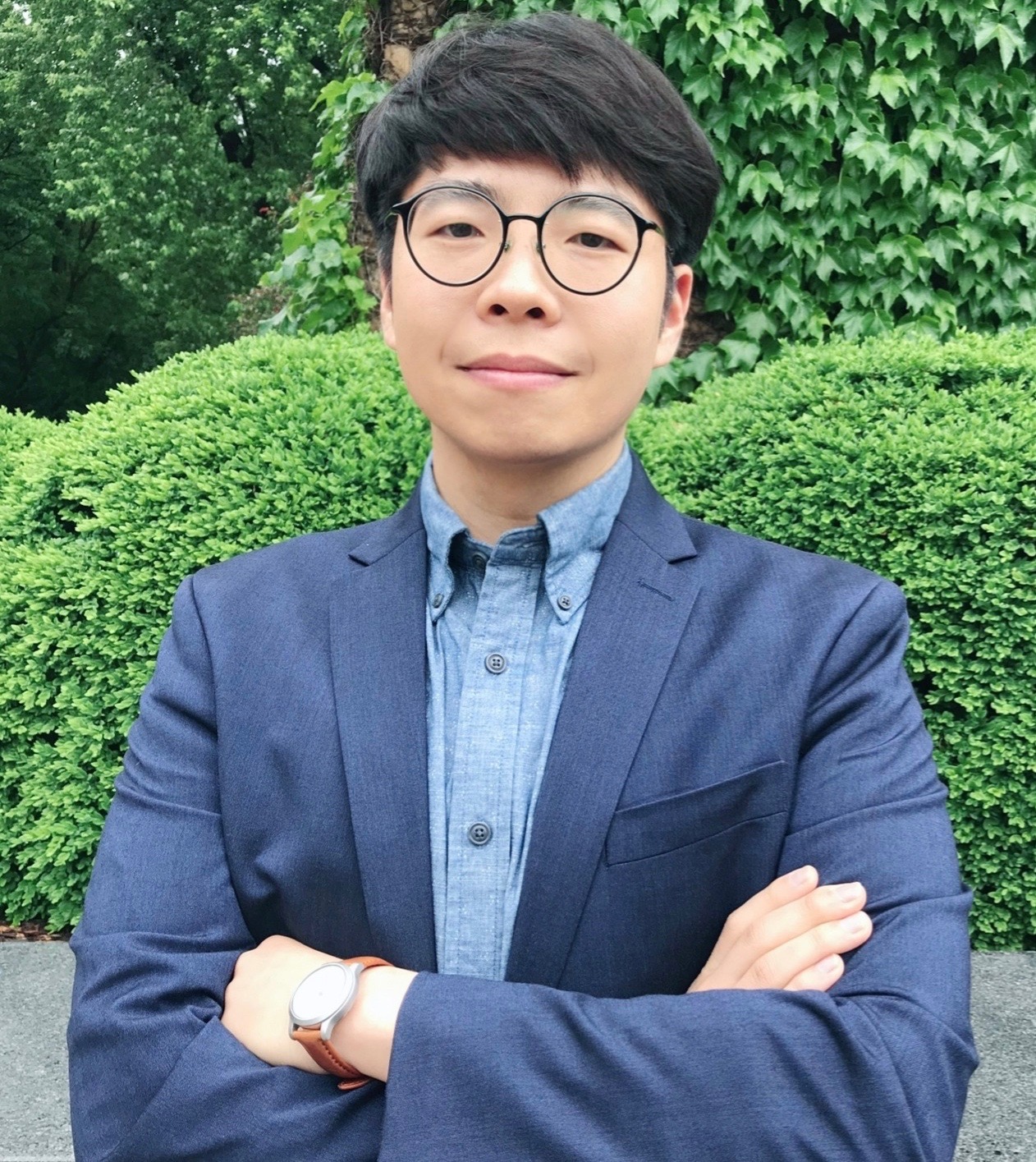 |
Honorable Mention Title: “Habitus of ignorance: Ease and Legitimation of Ignorance in the Advanced Bioenergy Center”
Author: June Jeon
Affiliation: University of Wisconsin-Madison
E-mail: jjeon24@wisc.edu
Abstract:
Although sociologists have explored how political and economic factors influence the formation of ignorance in science and technology, we know little about how scientists comply with external controls by abandoning their prior research and leaving scientific innovations incomplete. Most research in science and technology studies (STS) on ignorance has relied on structural and historical analyses, lacking in situ studies in scientific laboratories. Drawing on ethnographic research, this article examines the habitus of ignorance as a mechanism of the social production of ignorance. Scientists have a set of dispositions that establish practical contexts enabling them to ignore particular scientific content. Leaders of the organization repeatedly legitimate the abandonment of unfinished projects, while ordinary laboratory scientists internalize the normalized view that the scientific field is inherently opportunistic and that unfunded research should be left undone. A cycle of legitimation and acceptance of ignorance by actors at distinctive positions within the organization provides a mechanism of social control of scientific knowledge. As the mechanism is habitually self-governed by the rules of the game of current scientific institutions, the result is an indirect, although deeply subjugating, invisible and consolidating form of political and economic domination of the scientific field.
FAMILY DIVISION
 |
Winning Title: “I Am My Own Person,’ Women’s Agency Inside and Outside the Home in Rural Pakistan”
Author: Sarah Ahmed
Affiliation: University of Oregon
E-mail: sahmed2@uoregon.edu
Abstract:
"I am my own person," Women's Agency Inside and Outside the Home in Rural Pakistan
This paper brings forth cases of women in rural South Punjab, Pakistan who are exercising agency and empowerment in even the most patriarchal areas in a Muslim country. Central to this paper are two groups of women: those who work outside the house, namely community health workers (Lady Health Workers or LHWs), and those who perform care work and informal labor such as handicrafts within the house. Through interviews, focus groups and participant observations, this paper argues that both groups of women exercise agency contingent upon their positionality and available resources. In doing so, these women construct and re-construct social geographies that help them navigate, power structures enacted through gendered expectations and hierarchies within their homes and outside, in their communities. The findings of this paper disrupt ideas of women in developing countries, particularly in South Asia and/or Muslim, as a monolithic unit that is often portrayed as oppressed.
GLOBAL DIVISION
%20copy.jpg) |
Winning Title: “Exposure to Global Cultural Scripts through Media and Attitudes toward Violence against Women”
Author: Jeffrey Swindle
Affiliation: University of Michigan
Email: jswindle@umich.edu
Abstract:
Global cultural scripts about what is right and wrong are spreading to lay people around the world and affecting their attitudes. The sources of information that expose people to these scripts contain far more diversity in content than recognized. I focus on the exposure mechanism of media and examine the effects of various types of media on people’s attitudinal rejection of violence against women in Malawi. Combining five national surveys between 2000 and 2016 with a new dataset capturing local newspaper content, I show that media effects are heterogeneous. Personal radio use, especially listening to programs that criticize violence against women, increases rejection of such violence. Conversely, television consumption decreases rejection, as much of the content available comes from foreign sources that depict violent behavior. The publication of newspaper articles condemning violence increases rejection of violence against women net of personal newspaper use. Moreover, people’s odds of rejection increased after the country’s only tabloid newspaper, which normalized violence and negatively portrayed women, abruptly shut down. These results support the conclusion that different types of media have divergent influences on people’s attitudes toward violence against women. The effects of different mechanisms of global cultural diffusion is contingent on the content therein.
HEALTH, HEALTH POLICY, AND HEALTH SERVICES DIVISION
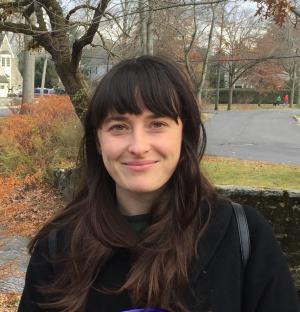 Winning Title: “Moralizing the Opioid Shortage: Race, Pain, and Interpretations of Resource Scarcity in an Urban Hospital”
Winning Title: “Moralizing the Opioid Shortage: Race, Pain, and Interpretations of Resource Scarcity in an Urban Hospital”
Author: Alexandra E. Brewer
Affiliation: University of Chicago
E-mail: aebrewer@uchicago.edu
Abstract:
This article examines the reproduction of racial inequalities in the healthcare system through an ethnography of a public hospital located in a majority low-SES and black urban area. In Fall 2017, a major nationwide shortage of injectable opioid drugs, the result of a combination of natural disaster, manufacturing problems, federal policy, and market forces, radically altered care for patients in pain. I argue that instead of experiencing the opioid shortage as a crisis, workers at this hospital interpreted it as a moral positive because the new practice of rationing opioids resonated with stereotypes about the immorality low-SES black patients, who were widely believed to be drug abusers. This caused physicians, pharmacists, and administrators to advocate for policies that would make restrictions on opioid prescriptions permanent even after the shortage was over. This study provides insight into how seemingly-neutral hospital protocols become embedded with racial biases that disadvantage black patients.
INSTITUTIONAL ETHNOGRAPHY DIVISION
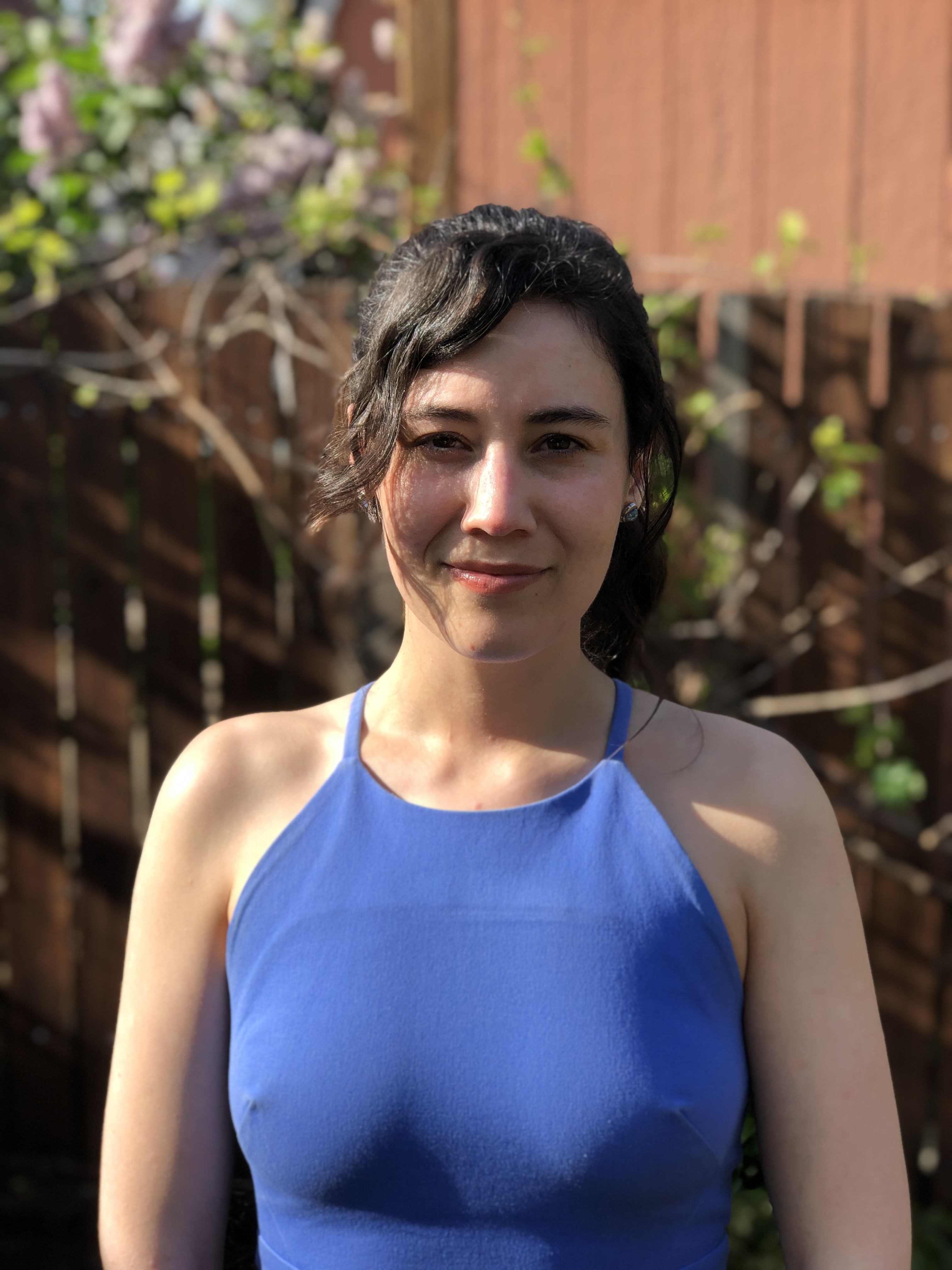 George W. Smith Paper Winning Title: "The ‘Equity Work’ of the Activist Educator: Critical Re-imagining of Schools"
George W. Smith Paper Winning Title: "The ‘Equity Work’ of the Activist Educator: Critical Re-imagining of Schools"
Author: Sarah Lewington
Affiliation: Institutional Ethnography and Critical Race Feminism: Unlocking Institutional Policy
E-mail: lewingtonsarah0@gmail.com
Abstract:
Despite the diverse initiatives and educational efforts put forth by North American colleges and universities, the rate of sexual assault has not been reduced over the last five decades. Given that nearly 25% of female undergraduate students in the U.S and Canada experience rape or sexual assault, sexual violence on campus remains a pressing issue. My research reveals some of the ways women’s safety is impacted by higher education institutional policy. Utilizing a range of qualitative research methods, I conducted an institutional ethnography of a university’s response (e.g. policy, email, etc.) to gender-based violence, illuminating how particular university policies influence the safety and unsafety of women at McGill University. Specifically, I use Sara Ahmed’s (2007) inquiry into diversity documents to highlight the distinction between ‘good’ documents and documents that enable good practice. Drawing on seven in depth, open-ended interviews with women graduate students at McGill, the present work utilizes critical race feminism to tease out the ways in which institutional policy and practice (re)produce inequity with respect to race, gender and class. Grounded in Shuri’s experience as one of the few people of color (and one of the few women) in her faculty, I engage with Malinda Smith’s (2010) scholarship to trace how the institution is implicated in the making of racialized, gendered, and classed individuals. Kyung Ah’s own story builds on that of Shuri’s, lending insight into the disproportionate barriers to reporting she experienced as a Korean woman and international student, ultimately preventing her from reporting. This paper not only demonstrates how institutional ethnography and critical race feminism enrich one another, but also how the combination of these sociological approaches and frameworks reveal the ways in which institutional policy can operate as a stand in for actual change.
LABOR STUDIES DIVISION
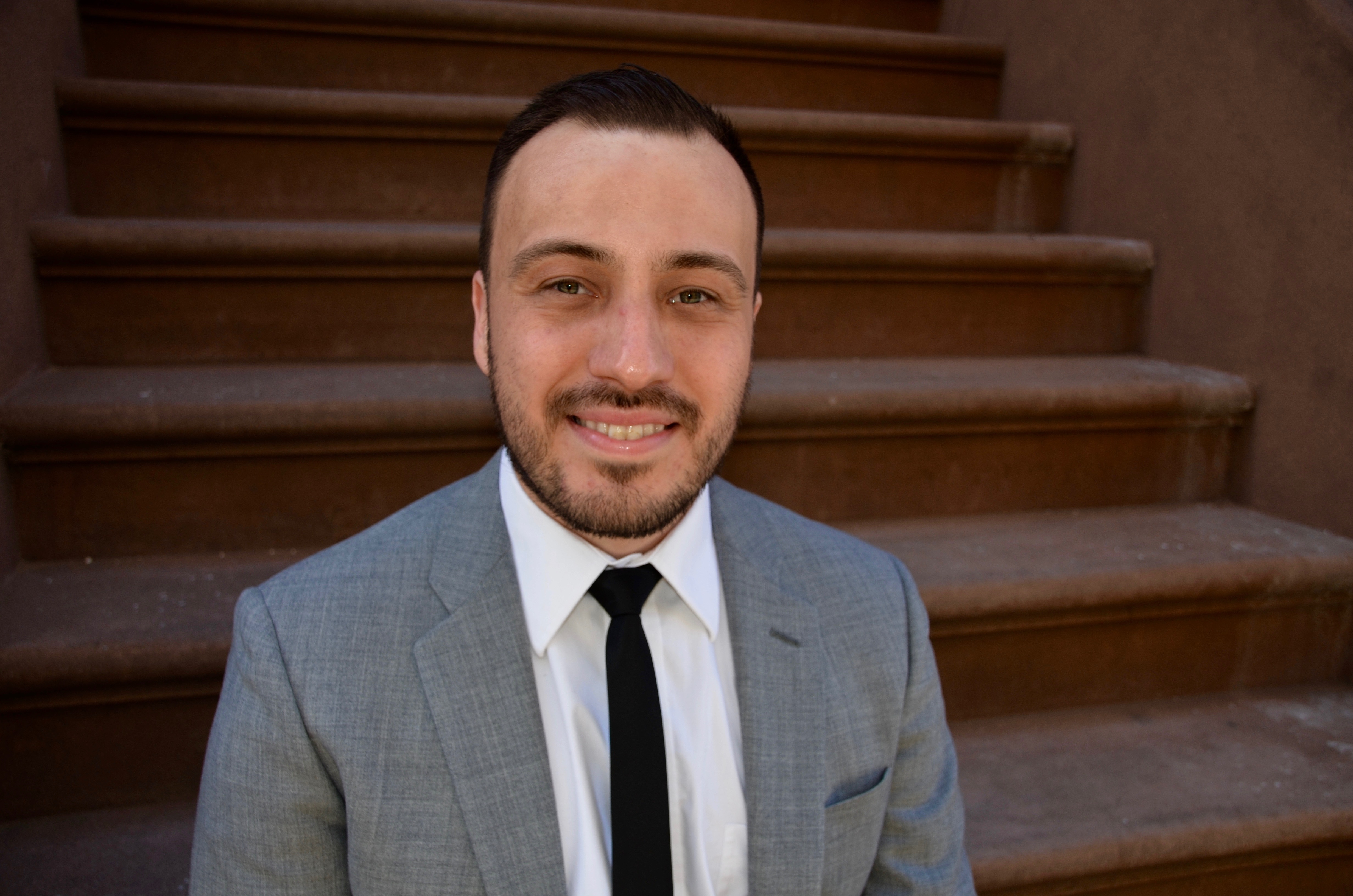 Harry Braverman Paper Winning Title: “Passive Privatization: Evaluating Regulatory Response to the Uberization of the American City”
Harry Braverman Paper Winning Title: “Passive Privatization: Evaluating Regulatory Response to the Uberization of the American City”
Author: Andrew B. Wolf
Affiliation: University of Wisconsin-Madison
E-mail: awolf2@wisc.edu
Abstract:
This paper places the debate over the employment status of gig-economy workers as independent contractors in the wider context of urban political economy. The disavowal of an employment relationship is not only a challenge to urban labor markets but also presents a massive challenge to our urban regulatory regimes. Using the case of transportation network companies (TNCs), such as Uber and Lyft, this paper tracks how U.S. cities responded to a business model predicated on ignoring their regulations. Through an analysis of descriptive statistics and an ordered logit regression of urban regulatory responses to TNCs—using original data and a reevaluation of existing data—this study finds that cities have largely abdicated their responsibilities, engaging in passive privatization. Cities who took action were historically regulated, liberal, faced driver protests, and were where the gig-economy entered later. This paper ends with a discussion of how workers and unions are fighting back.
LAW AND SOCIETY DIVISION
Alfred R. Lindesmith Paper Winning Title: “From Broken Windows to Broken Doors: Policing the ‘Sanctuary City’ and the Anti-sanctuary Suburb in Greater NYC and Greater LA, 2002-2017"
Author: Michael Alexander Gould-Wartofsky
Affiliation: New York University
E-mail: mgw256@nyu.edu
Abstract: Not provided
RACIAL AND ETHNIC MINORITIES DIVISION
 |
Winning Title: "Blacks Here are Racist against Whites’: White Identifying Brazilian Immigrants’ Perception of African American Racism"
Author: Rodrigo Serrao
Affiliation: University of South Florida
E-mail: serrao1@mail.usf.edu
Abstract:
My goal in this paper is to examine how Brazilian immigrants from Central and South Florida describe their interactions with U.S. Blacks and to what extent racial ideologies shape their perception of being discriminated against in the United States. For this paper, I focus primarily on data from in-depth, open-ended interviews with 39 respondents. Findings suggest that white identifying Brazilians’ loss of social status and racialization play a role in how Brazilians perceiveand interact with African Americans in a context mediated by a white racial frame. I draw on critical and cultural theories of race and racism to argue that white supremacy is the primary force perpetuating racial prejudice transnationally. However, in Latin America, white supremacy is diffused among different racial ideologies fostered by national narratives of ethnoracial relations, racial mixing, whitening, and colorism. The perception of African American as oppressors, I argue,is part of the “transforming” characteristic of racism.
Keywords: racial ideology, race, racism, mestizaje, whiteness, Brazilian immigrants
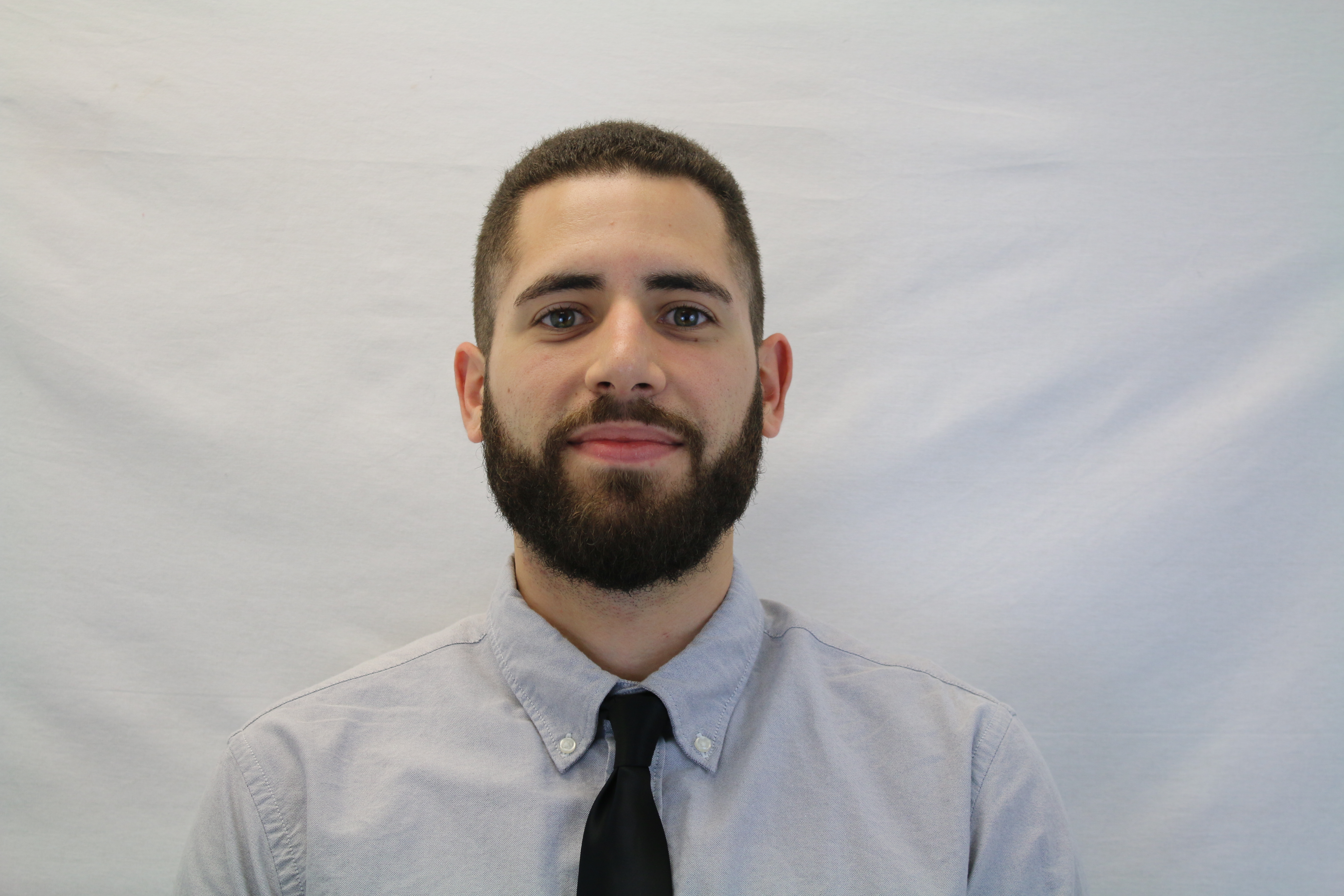 |
Honorable Mention Title: "You Know, We’re Just Having a Good Time’: Masking Racism and Foregrounding Fun in Cosplay"
Author: Manuel A. Ramirez
Affiliation: University of Connecticut
E-mail: mannyarami@gmail.com
Abstract:
Comic book conventions and cosplay communities, spaces that are significant to the reproduction of American popular culture, are often described as inclusive, diverse, and fun for all. Studies of racial ideology and discourse have found that this kind of positive language, or “happy talk,” often works to obscure and reproduce power structures. Drawing from in-depth interviews with cosplayers and observations of two comic book conventions, this study explores how racial and gender inequality persists mainly through implicit discourses and practices within fan culture. I introduce the term “foregrounding fun” to describe the discursive strategies in which white participants emphasize positive intentions, prioritize the experience of whites, and minimize racism. The findings indicate that white social actors are capable of shifting between colorblind and race-conscious racial ideologies in delivering racial discourse, which supports the notion that racial ideologies are flexible, fluid, and evolving.
SOCIAL PROBLEMS THEORY DIVISION
 |
|
Winning Title: “Social Control Beyond Deviance: The Process of Valorization in Community Policing"
Author: Mai Thai
Affiliation: Indiana University at Bloomington
E-mail: maithai@iu.edu
Abstract:
Beyond punishment and criminalization, how else do criminal justice institutions engage in social control? While contemporary approaches to control often focus on crime and deviance, this paper uses a case study in community policing to conceptualize another framework to understanding social regulation. I draw from more than 25 months of fieldwork examining junior police academies—school-police partnerships that expose teenagers to careers in law enforcement—to uncover valorization, a process that parallels criminalization, but can elicit a different response from community residents. I show how this framework has theoretical value for understanding governance, inequality, and social change and stability.
SOCIOLOGY AND SOCIAL WELFARE DIVISION
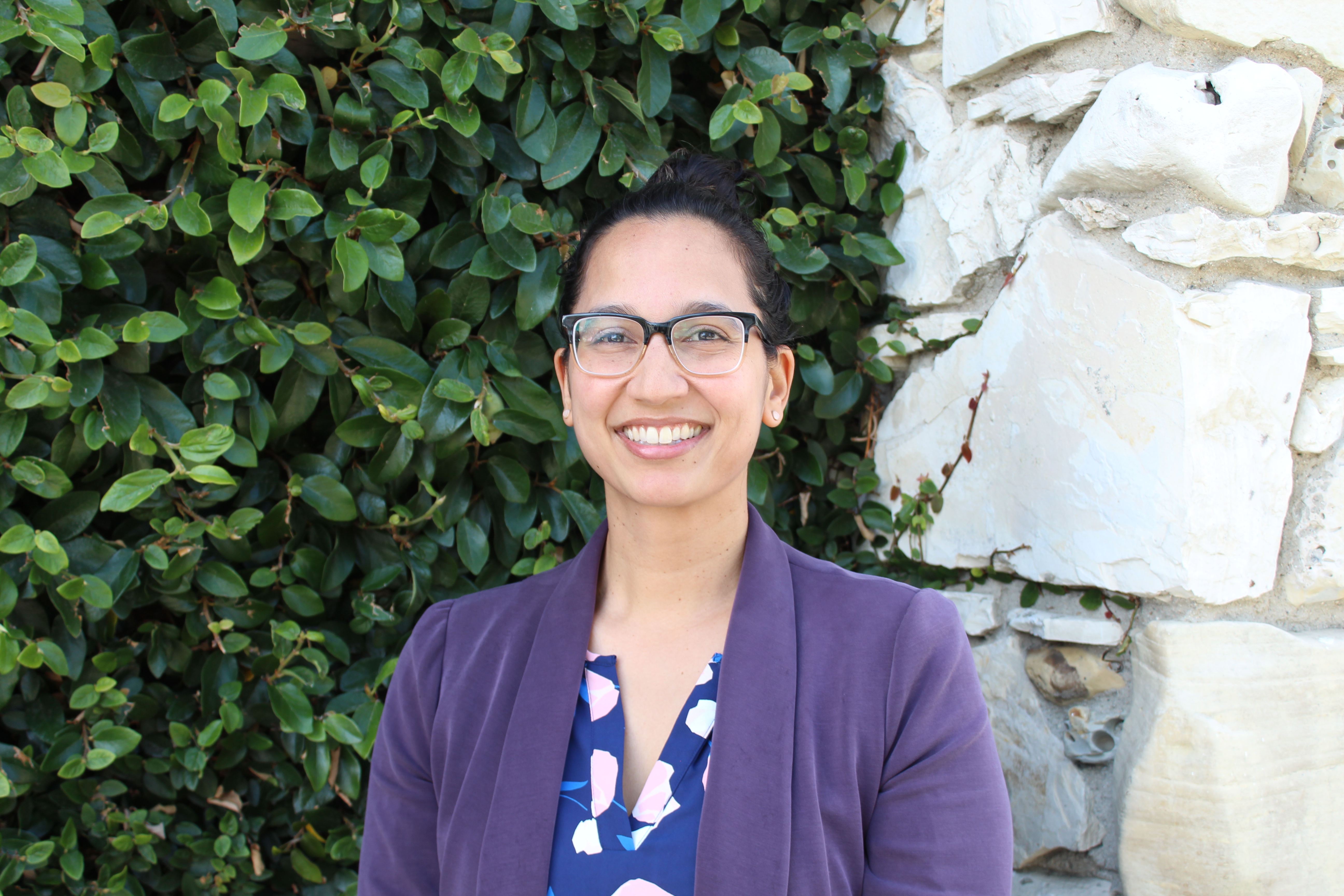 |
Winning Title: “Social Work Responses to Racial Inequity in Higher Education Retention: A Historical Case Study of the Search for Education, Elevation, and Knowledge (SEEK) Program Structure and Its Success”
Author: Zita Dixon
Affiliation: Brandeis University
E-mail: zdixon@brandeis.edu
Abstract:
Social problems in higher education go beyond access barriers – what happens to underrepresented students while on campus impact student retention and degree attainment. Although there are various types of higher education opportunity programs throughout the country that attempt to address those issues once students matriculate into college, few focus on the person-in-their-environment programming components that social workers facilitate. How does social work respond to racial inequity in higher education retention and degree attainment? This historical case study will examine the counseling structure of a 52-year-old higher education opportunity program, the New York State Search for Education, Elevation, and Knowledge(SEEK) legislation, by using primary and secondary sources to outline how the initial counseling model, led by psychologists and social workers, addressed the push and pull factors that propagate racial inequity in higher education. This paper will outline the current sociological understanding of why higher education racial inequity in college retention and graduation rates persist; provide an historical overview of the SEEK model from its inception; outline research on the program’s design and impact; and conclude with a rationale as to why the inclusion of social workers within similar higher education programs and policies, that seek to address these inequities, may be a critical component worth exploring in practice and future research.
TEACHING SOCIAL PROBLEMS DIVISION
 |
|
Winning Title: “A Struggle by any Other Name: Towards a Pedagogy of Antiracist Solidarity”
Authors: Annie Hikido
Affiliation: Colby College
E-mail: anniehikido@gmail.com
Abstract:
This paper offers a pedagogical framework for fostering antiracist solidarities. Drawing upon geographer Cindi Katz’s concept of “contour lines,” I develop an approach that delineates the shared grievances between different groups of color to reveal the patterned tactics of white supremacy. As an example, I discuss South African apartheid, Japanese-American incarceration, and the U.S. “Operation Wetback.” I do not intend to conflate these three injustices, as they have been executed on different scales and remain rooted in particular histories. Rather, I aim to underscore how racialized violence and resistance have operated in ways that suggest continuity and connectivity for different persons marked as “other.” By fostering a comparative imagination and illuminating the historical and transnational circuits of racism and capitalism, educators can engender solidarities between students of different backgrounds and establish a base for collective antiracism.
YOUTH, AGING, AND THE LIFE COURSE DIVISION
 |
|
Winning Title: “Staying and Aging in Rural Hinterland: Women’s Care Work and Emotional Labor in Supporting Two Generations of Urban Migrant Workers”
Authors: Ruijie Peng
Affiliation: University of Texas
E-mail: ruijie.peng@utexas.edu
Abstract:
While many studies examine how urban migrants support family members in rural communities, my doctoral research looks at household life in the villages these migrant workers leave behind. Many such villages become far more connected and integrated into the cities because of tourism, cash crop production, and improved basic infrastructure, altering these rural communities’ dependence on remittances from migrant family members. In this article, I show that economic resources flow from rural families to urban migrants; women who remain in the villages provide money and care work to migrants navigating precarious work in the cities. By focusing on Qiang communities in Sichuan Province next to Tibet, my findings build on existing migration research but inverse dominant narratives that portray women as passively left behind by laying bare the relationships between migrant workers and their rural family members, between urban centers and rural hinterlands.
